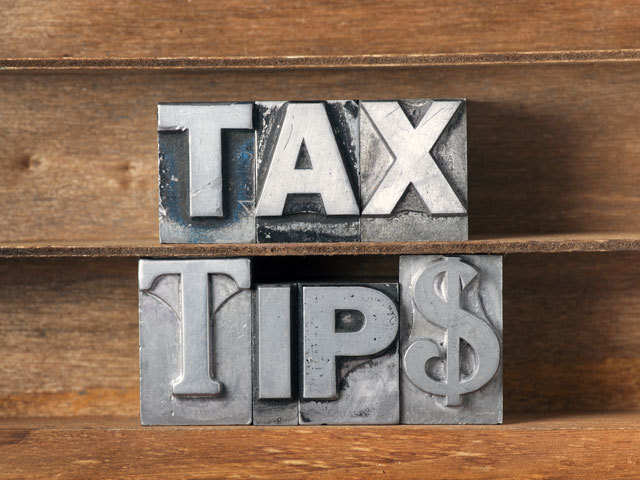4 Simple yet Powerful Tips for Last-Minute Tax Planning
You know about the timelines for investment proof submission to employer. You also know that non-submission of proofs can lead to higher TDS and low take-home income. Still, procrastination as a habit dies hard and you may feel stuck in the same situation as you were at this time last year.
We agree that it is no fun doing all the math & making tax-saving investments. However, leaving tax planning for the last minute may cause you to make costly investment mistakes.
If you are amongst those who are reading this & have not yet planned their taxes, take heart! YOU ARE NOT ALONE.
In this post, we will share with you 4 simple & powerful tips to help you complete your tax planning in an instant & at the same time save you from mistakes that can cost you a lot of money in the long run. So, grab a cup of coffee & read on…
Tip # 1: Check your tax liability for the year
- Payment of school tuition fees
- Life and medical insurance premium
- House Rent Allowance
- Donations to approved institutions
Make sure that for the deductions that you wish to claim, you have proper proof/ documentation like a rent agreement, donation receipts, premium certificate, etc. This will help you in case there is a tax assessment in the future.
Tip # 2: Compare OLD vs NEW taxation regime
However, suppose you are an experienced investor and have been making tax-saving investments every year & have a running home loan as well. In that case, there are chances that the old regime may be beneficial to you as compared to the new regime.
Remember: If you are new to investing and taxation & this analysis seems too much work for you, you can leave it to our tax experts here
Tip # 3: Plug your insurance gaps first
- Term life insurance
- Mediclaim insurance for self, family & also parents
- Preventive health check-up
Making insurance a first priority is essential for young investors. The wealth corpus is not enough to secure the family’s future if the untimely demise of a breadwinner or a medical emergency is in the family. Insurance helps in the form of a secure foundation on which you can build your wealth castle.
Tip # 4: Do a holistic evaluation before selecting the investment:
- Decide on your financial goals and when you need the money – Longer the time to goal, higher the risk you can take.
- Decide on your much risk you can tolerate. In simple terms, this is the portion of investment you’re willing to keep invested in equity & retain the ability to sleep peacefully at night.
- Consider the risk, lock-in period, liquidity, taxation etc. of the investment to get a holistic view & whether the investment is aligned to your financial goals. Don’t get blinded only by returns.
However, if you are short of time to do all of the above, you can consider investing in ELSS and PPF. Note that ELSS is a long-term investment & make sure not to withdraw it before at least 5 years. As regards PPF, it carries a 15-year lock-in.
Conclusion
